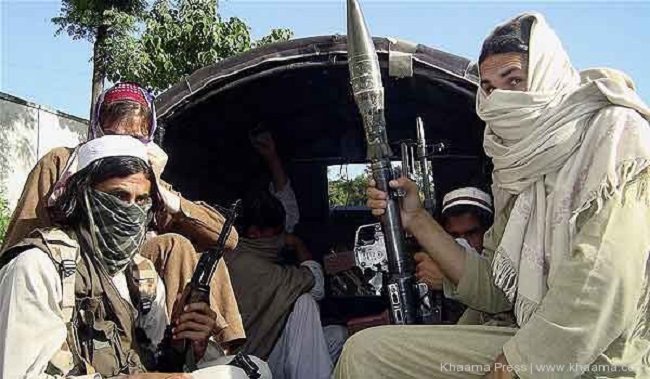Munir Akram advocates for a United Nations investigation into the funding sources and acquisition of weapons by the Tehreek-e-Taliban Pakistan (TTP).
The envoy highlights that the TTP, backed by Al-Qaeda, could pose a significant global threat if left unaddressed. Munir Akram urges a United Nations investigation into the TTP’s funding and weapon acquisition. Furthermore, the ambassador criticizes the “large-scale” and “forced” expulsion of refugees.
In light of escalating cross-border attacks by the proscribed Tehreek-e-Taliban Pakistan (TTP) in recent months, Pakistan has sought the United Nations Security Council’s (UNSC) assistance to urge the interim Afghan government to sever ties with the outlawed group.
Ambassador Munir Akram, Pakistan’s Permanent Representative to the UN, expressed confidence in the council’s cooperation during a UN Security Council (UNSC) meeting on Wednesday. His statement follows a significant increase in terrorist attack-related fatalities and counter-terror operation deaths, reaching a six-year high with nearly 1,000 deaths, as reported by The News based on the Centre for Research and Security Studies’s (CRSS) Annual Security Report in January.
In recent months, Pakistan has experienced a substantial increase in attacks on security forces, with militants utilizing advanced weaponry and equipment. Islamabad repeatedly urges the interim Afghan government to prevent its territory from being used by the TTP and other militant organizations for launching attacks against Pakistan. The ambassador emphasizes the need for the United Nations to intervene and halt cross-border attacks and infiltration by the TTP and other terrorists into Pakistani soil.
Furthermore, he calls for an investigation into the financing and acquisition of advanced military equipment by the militant group. According to the ambassador, if left unaddressed, the TTP, backed by Al-Qaeda and certain state-sponsored groups, could soon pose a significant global terrorist threat. He also highlights that the interim Afghan government’s inability to control the TTP and other terrorist groups undermines its claim of full control over its territory, which it seeks to establish for international recognition.
There will be no extensive, compelled displacement of refugees
Addressing the worries about the alleged forced expulsion of unlawful Afghan refugees in Pakistan, the ambassador emphasized that 98% of these non-citizens went back to their homeland “voluntarily.” During this time, the remaining 2% who were deported consisted of individuals implicated in terrorism, drug trafficking, or other crimes, as well as convicted prisoners who had completed their sentences.
Referring to the UN’s claim of an “unfavorable protection environment in Pakistan” concerning Afghan refugees as “offensive,” Akram pointed out that Islamabad has accommodated nearly five million Afghan refugees for over 40 years, incurring significant economic, social, and security burdens on the nation and its people, with minimal assistance from the global community.
He also mentioned that there are still over one million undocumented Afghans residing in the country, who should return promptly.
The envoy stated, “We have made numerous accommodations for those holding Afghan ID cards, POR cards, as well as for individuals categorized as ‘vulnerable’ if they were to return. Additionally, we have facilitated the relocation of over 60,000 Afghans who were promised resettlement by third countries but have not been relocated for more than two years.” He further suggested that if the UN has apprehensions about the “unfavorable protection environment,” it should take responsibility for organizing the immediate repatriation of Afghan refugees.


